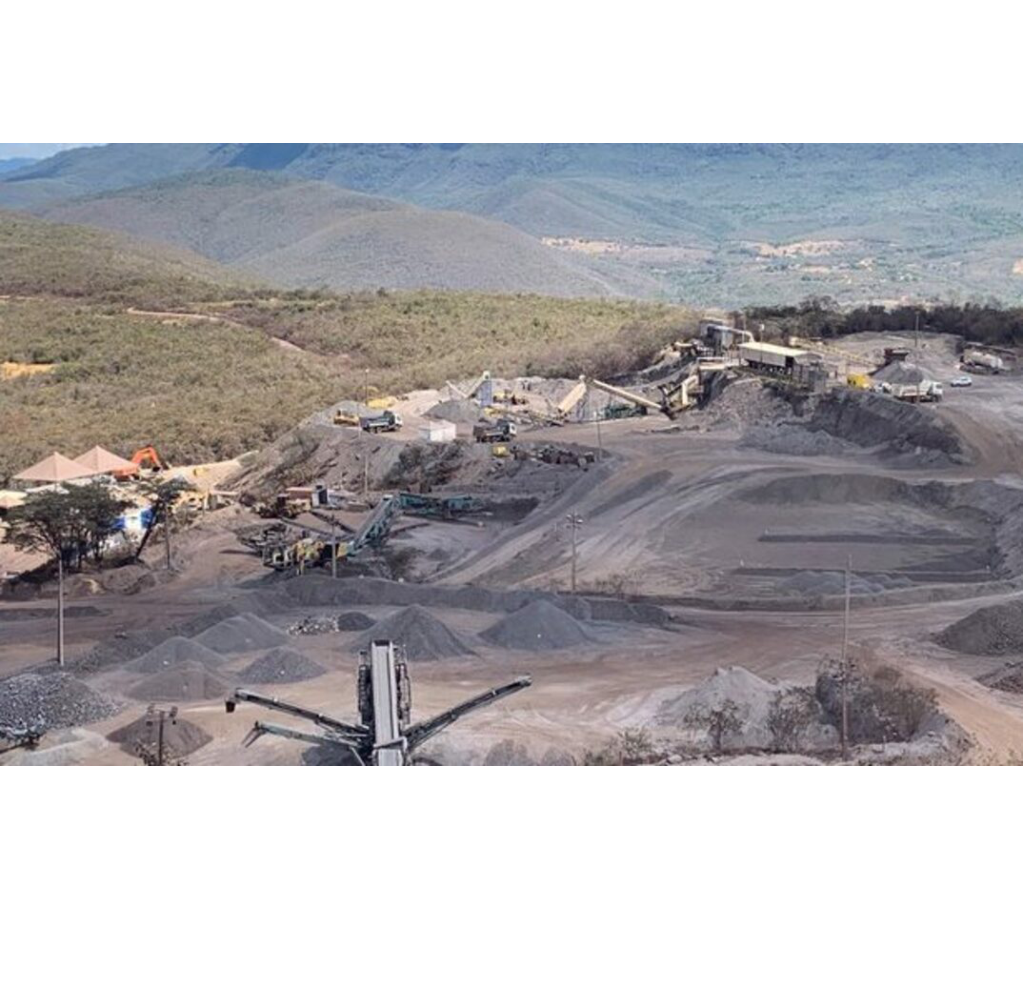Brazil Iron Eliminates Truck Use at Bahia Mine
05/11/2025

Company adopts conveyor belts powered by renewable energy from mine to railway to decarbonize operations
By Patrícia Aranha — October 31, 2025
Brazil Iron has already contracted technological solutions for its green pellet and HBI project in the municipality of Piatã, Bahia, aiming to reduce and even eliminate greenhouse gas emissions. One of these solutions will allow the company to eliminate the use of trucks for transporting material between the mine and the processing plant.
To achieve this, the company will use conveyor belts powered by two types of renewable energy: solar and wind.
According to Emerson Souza, Vice President of Institutional Relations at the mining company, due to the scale of the project, it will be “the largest truck-free mining project in Brazil.” The plan includes 16 kilometers of long-distance conveyor belts.
Because the project comprises two separate pits, located “a few kilometers apart,” he explains that all material extracted from each pit will be transported to the processing plant and then to the railway branch line via the conveyor system.
Souza says he is confident about the supply of renewable energy, which is abundant in the region.
“Bahia has extensive production of both wind and solar energy. Our measurement studies show that the area where the plant will be located has wind strength comparable to offshore levels, even though it’s onshore,” said the executive.
He added that since the company began establishing itself in the region eight years ago, the number of nearby wind farms has multiplied.
Another technological solution, imported from abroad, is the use of covered conveyor belts to prevent the dispersion of dust particles into the atmosphere. In addition to being covered, the material will also be sprayed with moisture to make it heavier and prevent particles from spreading. “The combination of humidification and coverage virtually eliminates any dispersion affecting nearby communities and crops.”
The project will operate with a dry process, eliminating the need for tailings dams. The vice president explained that a special biodegradable polymer will be applied to cover the tailings piles, also preventing particle dispersion.
He also announced a fourth technology, imported from Germany, which allows for faster recovery of mined areas. “It’s the state of the art in land rehabilitation and tailings pile construction, using a gigantic machine over 200 meters long,” he said.
This equipment allows simultaneous excavation in one section of the mine and land restoration in another that has already been exhausted. “That way, there’s no need to wait for the 30-year lifespan of a pit before starting recovery,” he added.
In addition to awaiting licensing, the Bahia project is currently the subject of a class action lawsuit in the United Kingdom over environmental damage and other issues affecting two quilombola (Afro-Brazilian) communities. In August, the England Court of Appeal denied the company’s appeal to overturn a March 14 ruling that allowed the British courts to hear the case.